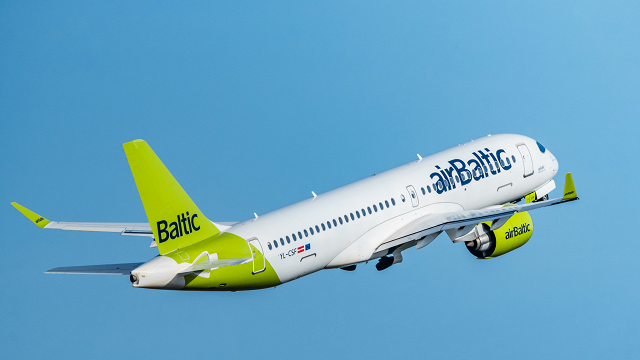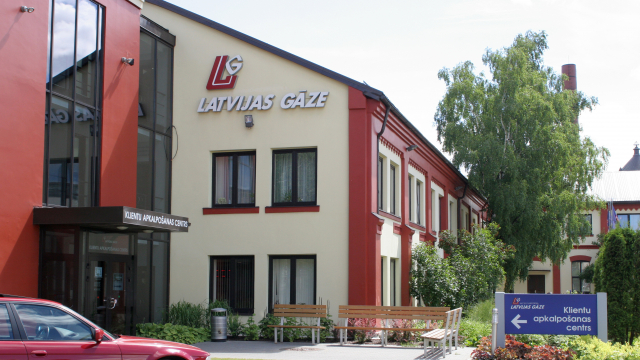On average, 50 Russian citizens cross the border inspection post Grebnev within 24 hours, entering Latvia. This is not more than before the mobilization launched in Russia, says the border guard.
“Most of them are citizens of the Russian Federation who meet the conditions of entry as holders of Latvian residence permits, holders of European Union residence permits, family members,” Sņežana Akmentiņa, the deputy head of the State Border Guard, said.
On the border, LTV met an elderly couple in a private vehicle. “For the first time since the mobilization was announced, I drove across the border and saw no Russian cars. But Ukrainian cars stand there for three kilometres, fleeing from something. I don't know, they have a reason. There have always been people fleeing from something, who do not want to fulfil their duties,” said Leonid, a Russian citizen with a residence permit in Lithuania.
Far more than Russian citizens, Ukrainians still enter Latvia. Behind the barrier, both private cars and buses with Ukrainian plates are waiting.
In general, however, the border is currently overflowing not by the Russians fleeing from the mobilization, but by trucks travelling to Russia.
The upgrading of the border inspection post Grebnev was launched in August, so the border guards only work in two lanes because of the construction work. In the middle of September, repairs were starting on the road to Grebnev, which led to a row of trucks standing up to 12 kilometers away.
Border guards patrolling the green border told LTV that frustrated drivers often take walks to the border as close to what administrative penalties should be applied. Due to the new mobilization risks, some border guards in the border area have already been directed to more advanced patrolling along the border.
"A more intensive survey of the green border is being carried out, both on foot and using machinery. There is no particular difference now, but we are aware of the risks. We are prepared to react to the changes, but as it is right now, there is no reason for concern," said Ināra Poikāne, chief of the State Border Guard.
As of Wednesday, September 28, a state of emergency has been announced, meaning that the representatives of the National Armed Forces will be able to help border guards in the future.
Since September 19, when the restrictions on non-essential travel entered into force, the flow of Russian citizens to Latvia has decreased by 20%, the State Border Guard said on September 28.
During the previous day, 353 Russian citizens crossed the external border, which is on average 4 times less than in neighbouring countries – 1538 citizens of the Russian Federation in Estonia and 1438 in Lithuania.
In total, since September 19, 2827 Russian nationals have crossed the Russian-Latvian and Belarusian-Latvian border, only those corresponding to the exemption categories specified in the government decision.





















